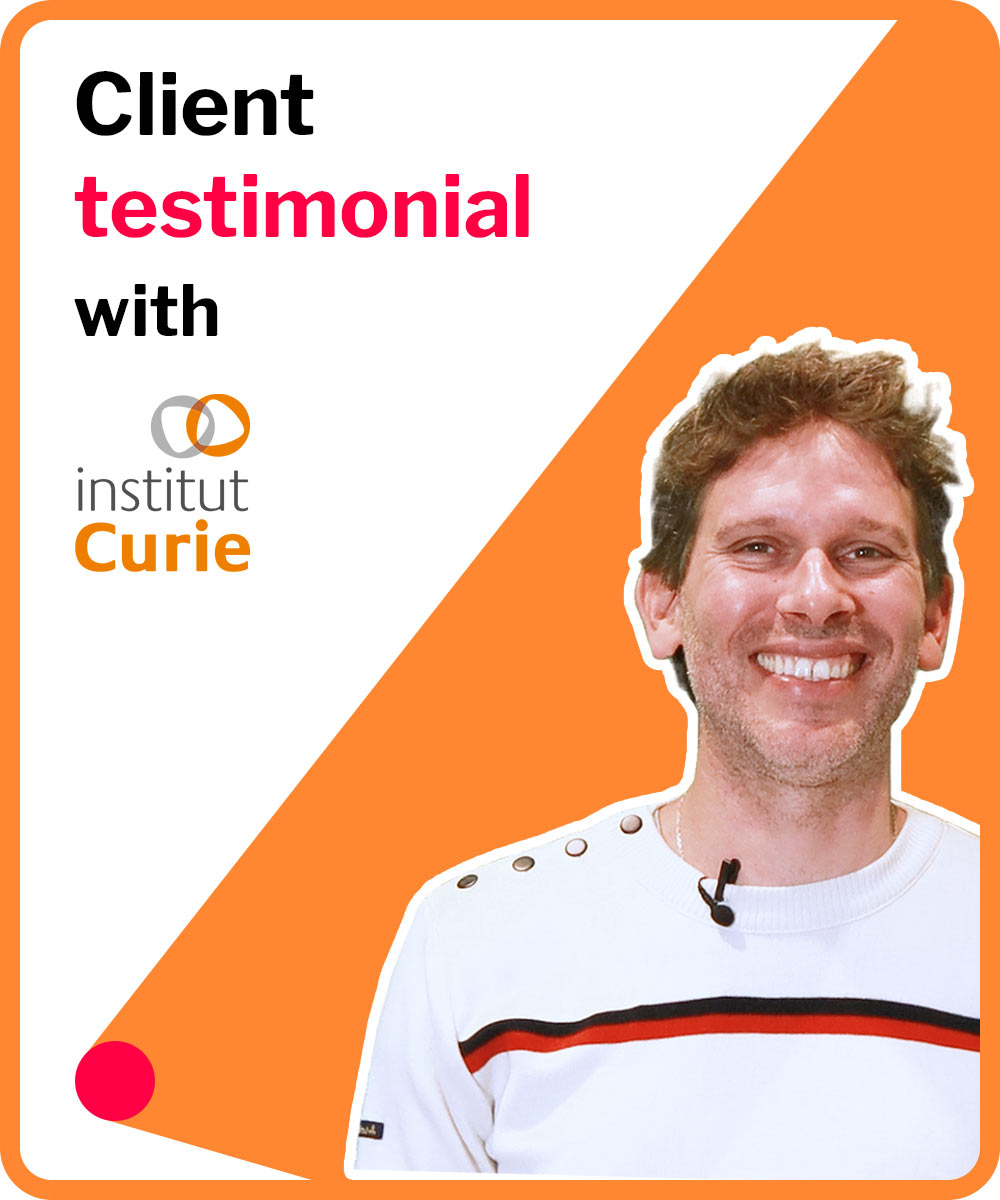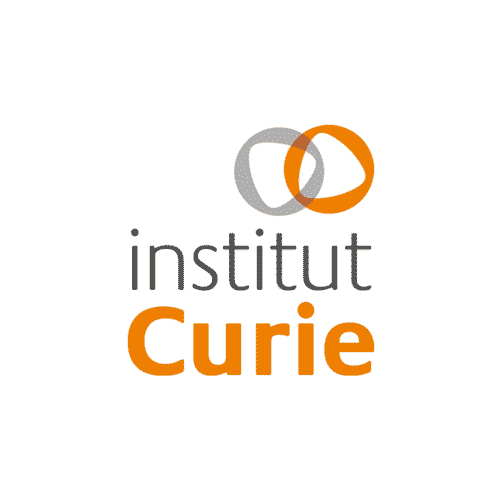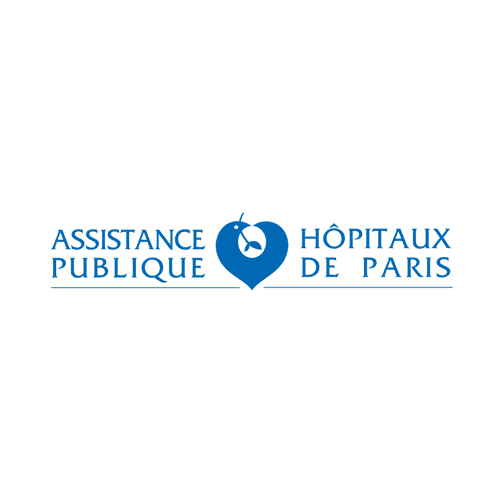
Collaborative projects

Identify the right partners and drive your collaborative projects
For more than 30 years, our specialized team has been supporting private and public sector players in setting up and leading collaborative strategic innovation and R&D projects.
They trust us






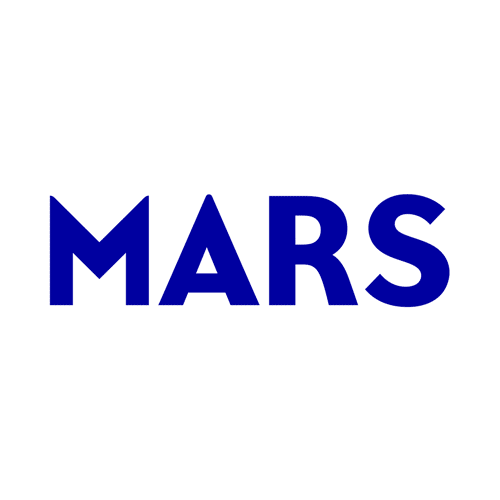
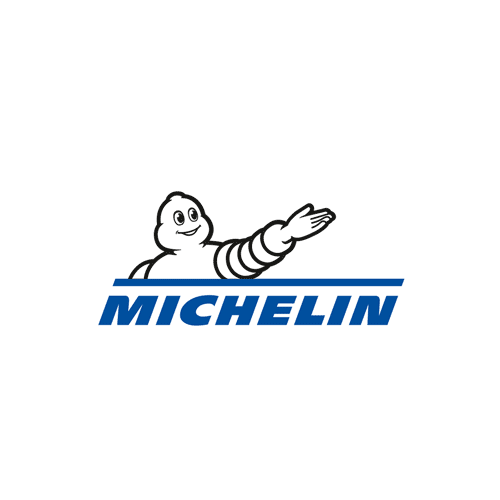

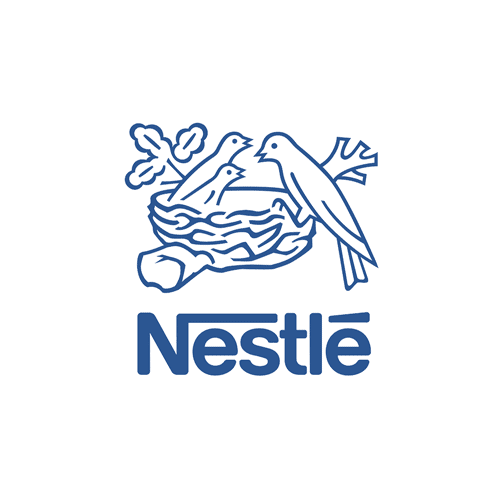
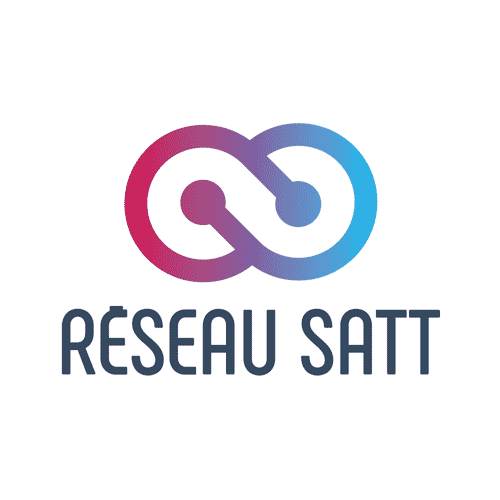
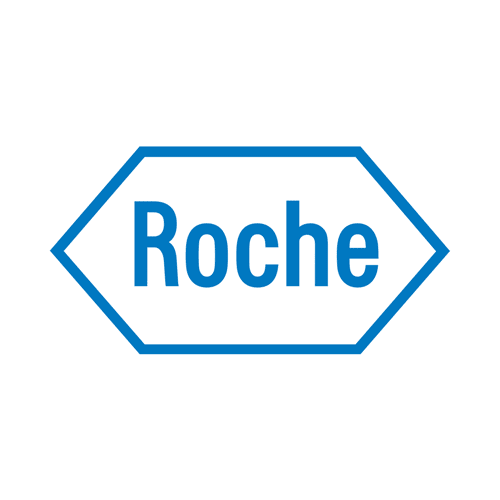
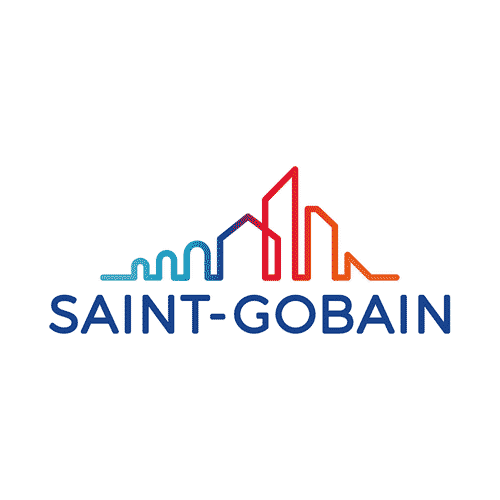

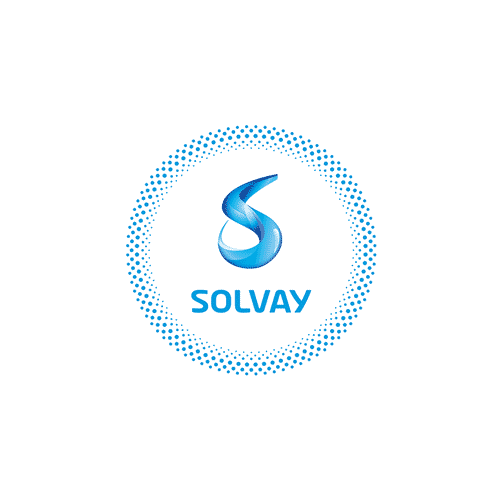

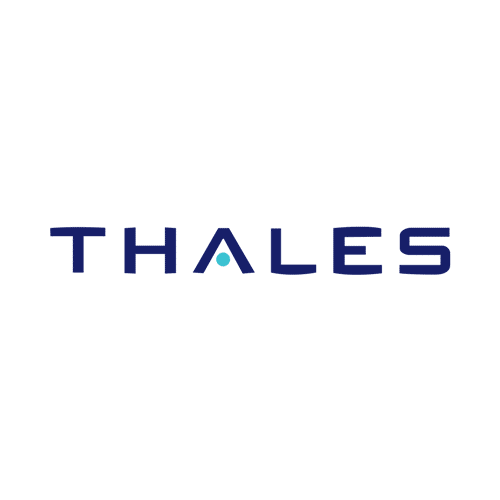
The key success factors of a collaborative project
The creation of a collaborative project can be a differentiating factor when responding to a call for projects or in a highly competitive environment. This type of project is mainly created in response to a desire to collaborate on R&D or innovation issues. To be successful, collaborative projects must meet several key success factors:
The choice of players involved in the consortium of a collaborative project should not be made at random. Before committing to a collaborative project, the parties involved must ensure that their partnership is solid and appropriate.
Are the stakeholders’ skills complementary? Can the stakeholders’ combined skills and resources achieve results that would not be possible individually? Can each party defend its own interests as well as common interests?
The operational aspects of the collaboration must be specified before any action is taken to ensure that it runs smoothly. Once launched, the project must be well coordinated to manage resources and the budget, monitor progress and inform all stakeholders of the ins and outs of the project.
What is everyone’s role? Are all parties prepared to commit to the project’s success? How and by whom is coordination ensured? What governance and communication channels should be put in place?
From the outset, it is essential to define the objectives of the collaborative project and the results and expectations of everyone involved. This helps to align the efforts of all the stakeholders and to measure the progress made.
What is the objective of the collaborative project? What are the expectations and success factors for each party?
The contractual aspects of the project must be determined in order to finalize and formalize the collaboration. Nothing should be left to chance: legal and financial aspects, intellectual property, individual contributions, returns on investment and the continuation of post-project partnerships.
Who bears what responsibilities? How are strategic decisions about the project taken?
How we support you in your collaborative projects
Alcimed assists its clients in the setting up and animation of collaborative projects. Whether it is a H2020, FUI, PIA or any other project, we help our clients (large groups, SMEs, ETI, start-ups, research laboratories, incubators, publis institutions…) to structure their collaborative project, to identify the key players in order to mobilize them around their approach, and to set up their financial file if necessary.
Thanks to our methods of work group animation combining agility and innovation (personalized workshops, gaming, etc.), our support allows our customers to reinforce the attractiveness of their collaborative project by specifying the relevance of their innovation, to optimize their partnership and to reinforce the commercial potential and the economic benefits of the project.
What they say


"Good mood, enthusiasm, clearly professionalism, and an ability to mobilize and change direction according to the needs of the project."
Dr. Amaury Martin
Directeur adjoint de l’Institut Curie


"Alcimed enabled us to articulate well all the players between them, to keep the project on track and to have a close support."
Denise LAPORTE
President of French Association of Angelman Syndrome
Examples of recent collaborative projects carried out for our clients
Collaborative development project: structuring an e-health cluster in urban areas
We supported the structuring of an e-health cluster in one of the 10 main French conurbations by federating the players and creating opportunities for collaborative projects. To do this, Alcimed firstly carried out a comparative analysis of the 8 leading e-Health territories in France and then analyzed the different e-Health segments and the competitive positioning of the concerned agglomeration.
Thanks to an analysis of the territory’s strengths and weaknesses (SWOT) and the coordination of 3 working groups (“Telemonitoring”, “Observance” and “Serious Games”), we brought together around 20 players (start-ups, SMEs, large groups, clusters, university hospitals, etc.) around a newly created e-Health club, today generating many innovative collaborative projects.
Collaborative research project: structuring of a group creating collaborative projects of excellence
Structuring of a club of companies attached to a Research Institute to allow the emergence of collaborative projects of excellence. Alcimed’s teams first defined the ambition and the functioning of the club in order to submit the idea to the Board of Directors and then co-constructed the club’s roadmap according to the feedback received. Our work helped to clarify the role of everyone in the group and to encourage the development of new collaborative projects.
Our team participated in structuring a club of companies attached to a Research Institute to allow the emergence of collaborative projects of excellence. In collaboration with the Director of the Research Institute, Alcimed’s teams first defined the ambition and the functioning of the club in order to submit the idea to the Board of Directors and we then co-constructed the club’s roadmap according to the feedback received. In the end, our work helped to clarify the role of everyone in the group and to encourage the development of new collaborative projects.
Leading collaborative projects: redefining the role of a Living Lab creating collaborative projects
Our team assisted one of our clients in the redefinition of the contract of objectives and means of a leading Living Lab in France in the field of health and autonomy.
The main objective of our project was to rethink the role of the Living Lab in order to facilitate and streamline the conduct of its collaborative projects. Our support allowed the prioritization of the Living lab’s strategic fields of action, the identification of collaborative projects with high added value, the review of the governance and the construction of a monitoring strategy.
This work made it possible to “reassure” investors while maintaining a certain amount of flexibility, and also enabled to realign all the teams towards the same objective.
Collaborative Innovation Project: European Vaccine Roadmap
We supported Vaccines Europe, a vaccine group within EFPIA (European Federation of Pharmaceutical Industries and Associations) in mobilizing a consortium of vaccine manufacturers and institutions to build together an innovative “European Vaccine Roadmap” for the next 5 years.
Our team played the role of project manager in order to 1) bring together the visions of the different vaccine players mobilized, 2) co-write the roadmap with all of them 3) while ensuring the alignment between all and the coherence of the suggested directions.
The result for our client? A consortium of aligned players, a clear and ambitious collaborative roadmap, and a shared innovation project! Find all the information about this project and the details of the roadmap here.
Creation of a collaborative project to develop a veterinary public health hub
Our team worked with a consortium of public and private players in the animal and human health sectors to create and run a Veterinary Public Health Hub as part of a “One Health” approach.
We provided the consortium with operational support and helped them define a shared vision and ambition, as well as drawing up a roadmap covering all the actions to be implemented as part of the project.
In addition to the operational aspects we provided to the project team, our support led to the creation of a Chair in Veterinary Public Health and the organisation of an international scientific conference on the “One Health” concept, with themes such as the surveillance of emerging infectious diseases and antibiotic resistance. This has helped to consolidate the hub’s position at regional and national level.
Implementation of a collaborative technology project focusing on environmental issues
A regional trade association wanted to facilitate closer links between its member companies and local training centres. Alcimed supported this player in setting up a technological cooperation offer focusing on environmental issues linked to climate change.
We began by mapping the players likely to be interested in the project’s themes, then characterised their expectations. We then tested their receptiveness and drew up a technology cooperation offer.
Thanks to our support, our customer was able to define the organisation and operation of this collaborative project, and the first company-training centre pairs were formed.
Collaborative workshop: co-construction of new services to improve the well-being and patients quality of life throughout their patient pathway
Our team helped a leading pharmaceutical company to understand the emotions experienced by patients with rare diseases in order to develop a service offering that would improve their well-being and quality of life.
After mapping the emotions of patients throughout their care pathway (from pre-diagnosis to palliative care) in several European countries, our team benchmarked patient services around the world, before organizing a collaborative workshop with our client’s medical and marketing teams to select service ideas and pre-define service offerings to address the emotional challenges identified with patients.
Definition of a new innovation process for an industrial player through a serie of workshops
We supported the R&D team of a leading player in the food industry in optimizing its innovation process to accelerate the marketing of its products. This collaborative project involved several stakeholders, including external partners, enabling the pooling of skills and resources to maximize the efficiency of the process.
Our client had an innovation process very rich in ideas but internally focused and not very open to an external ecosystem. This constraint generated many limitations, including slow idea characterization and feasibility checks.
As part of this collaborative project, by conducting a benchmark of existing open innovation practices in the industry and leading a series of workshops with our client’s teams, we identified and implemented actions to use external partners at various stages of the innovation process in order to accelerate the different stages and thus the marketing of product innovations.
You have a project?
To go further
Founded in 1993, Alcimed is an innovation and new business consulting firm, specializing in innovation driven sectors: life sciences (healthcare, biotech, agrifood), energy, environment, mobility, chemicals, materials, cosmetics, aeronautics, space and defence.
Our purpose? Helping both private and public decision-makers explore and develop their uncharted territories: new technologies, new offers, new geographies, possible futures, and new ways to innovate.
Located across eight offices around the world (France, Europe, Singapore and the United States), our team is made up of 220 highly-qualified, multicultural and passionate explorers, with a blended science/technology and business culture.
Our dream? To build a team of 1,000 explorers, to design tomorrow’s world hand in hand with our clients.
A collaborative project is an initiative in which several stakeholders work together to develop and bring to market an innovative new idea, product or service, forming a partnership to share knowledge and resources. This type of project is often motivated by the desire to bring research and development (R&D) work to market together. It is the combination of skills and resources, the sharing of risks and costs, and the sharing of potential benefits, that generates the collaborative project. Stakeholders may include industrial players, universities, research laboratories, start-ups or governmental organizations.
Collaborative projects can be set up in a variety of contexts: in response to a call for projects, the creation of an initiative, a public-private partnership, etc. They offer a number of advantages to the participants:
- Combining human and technical resources
- Facilitating innovation, by pooling knowledge and skills to support the project
- Sharing costs and associated risks
In the case of profits generated by the project, a redistribution will also be put in place according to predefined agreements, in agreement with the management of intellectual property.
